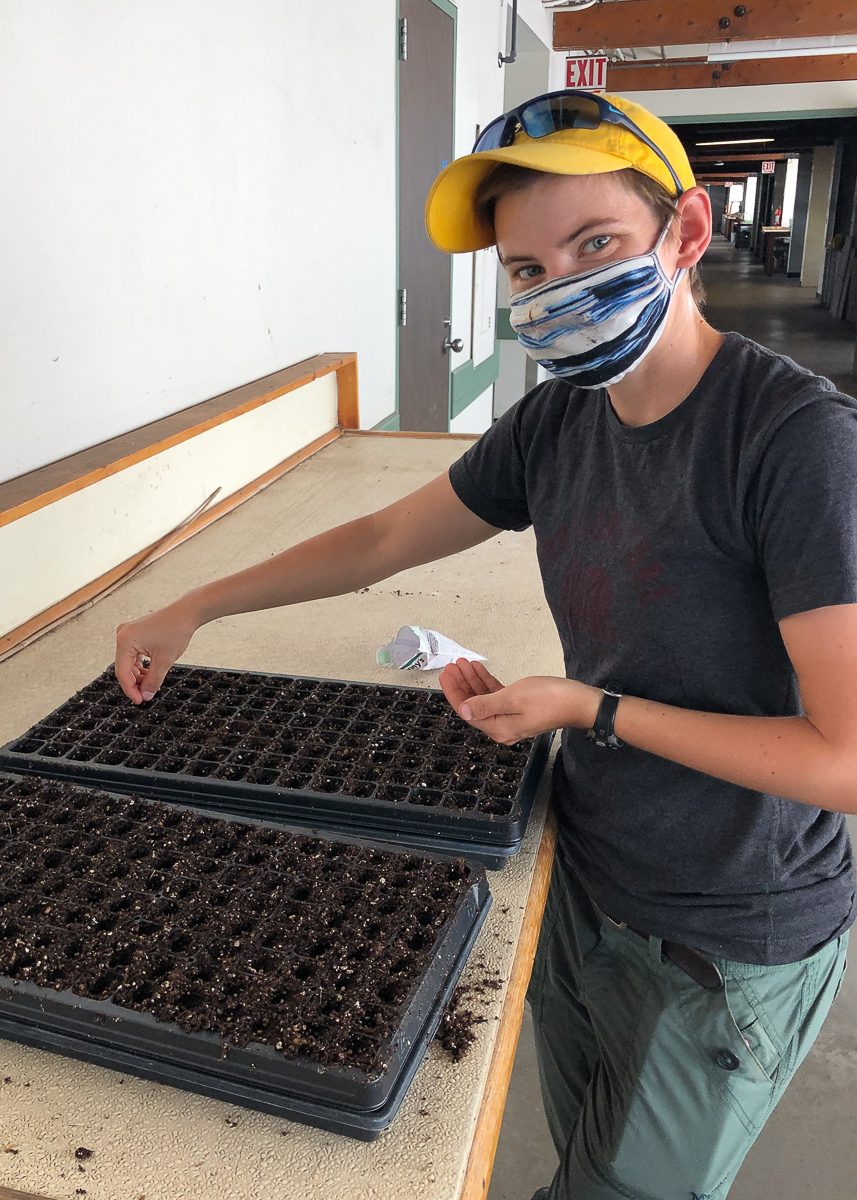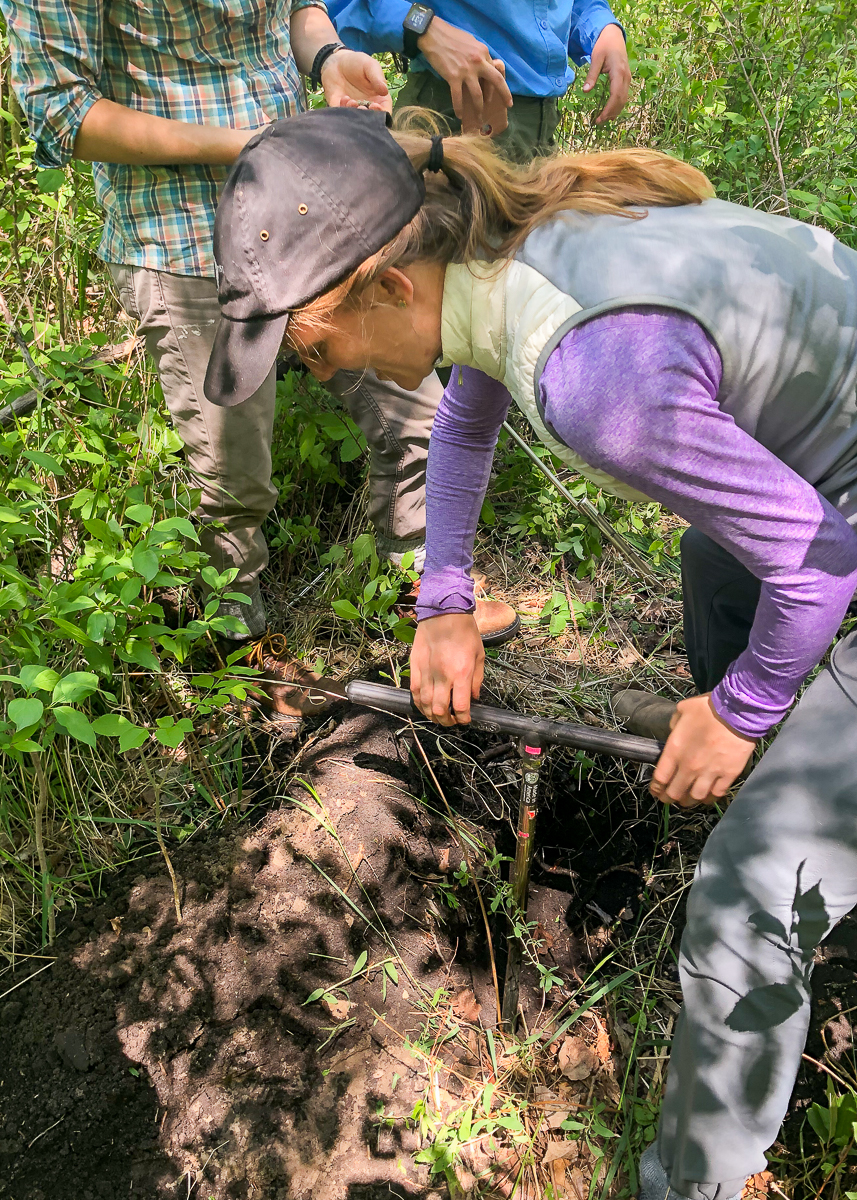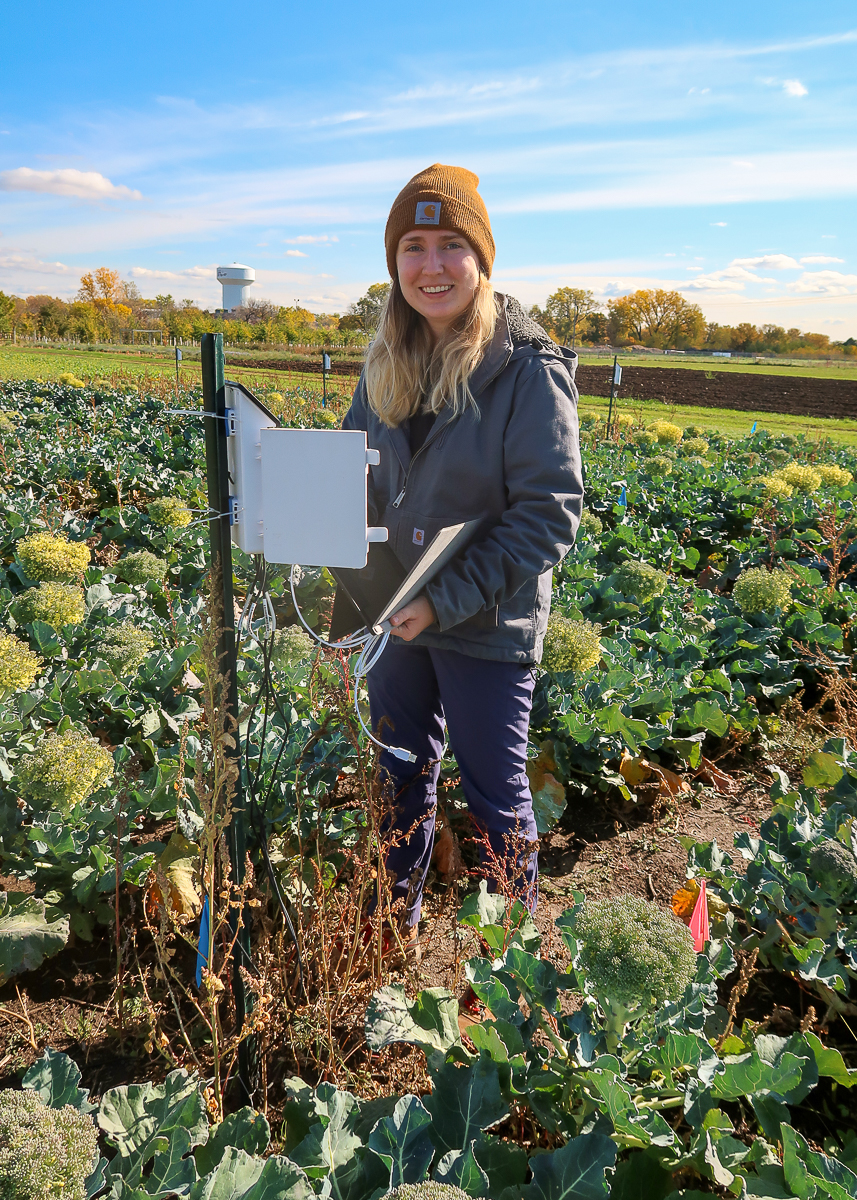


The overarching goal of our research program is to enhance the efficient management of soil nutrients in agroecosystems. We do this by conducting basic and applied research that will increase our understanding of how agricultural management affects the nutrient cycling via soil microbial processes. Instead of using purchased synthetic inputs, organic farmers and those with limited resources rely on microbial processes to provide nutrients to food crops through decomposition and recycling of plant residues and other organic materials in soil. Since nitrogen is an essential nutrient for crop plants, we put particular emphasis on understanding the ecology of the legume-rhizobia symbiosis.
In order to develop farming systems that are practical and applicable, our research projects can be found on working organic farms, long-term plots on research station land designed to investigate the long term soil fertility implications of various farming practices, or low input farming systems around the world. To increase our understanding of how soil microbes indirectly and directly affect nutrient cycling and soil fertility in low input systems, we use numerous applied microbiological and field techniques that measure both the specific functioning of microbes that mediate nutrient cycling in soils, and general characteristics of soil health and quality.